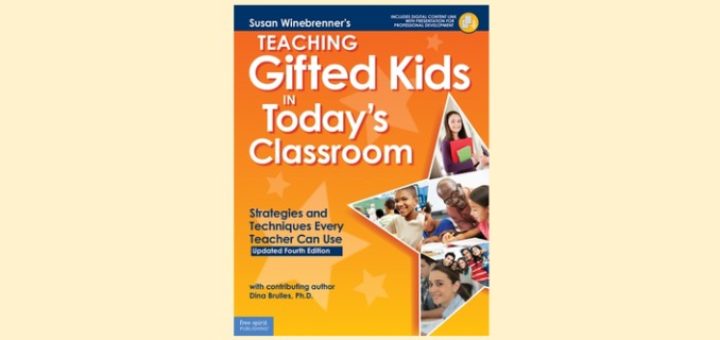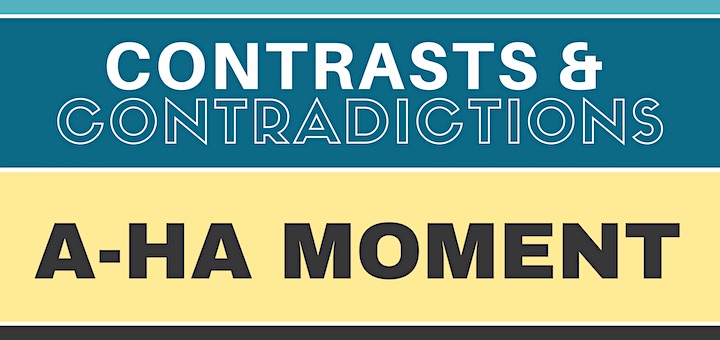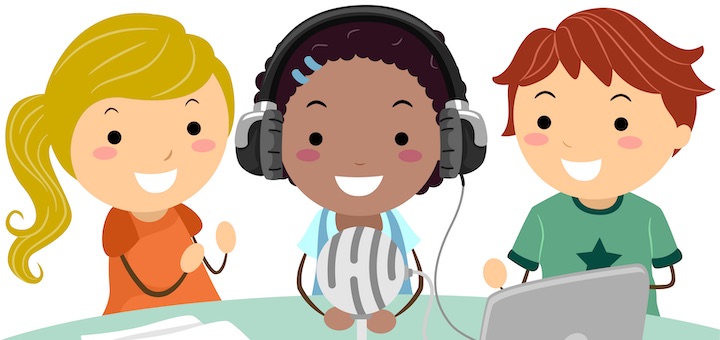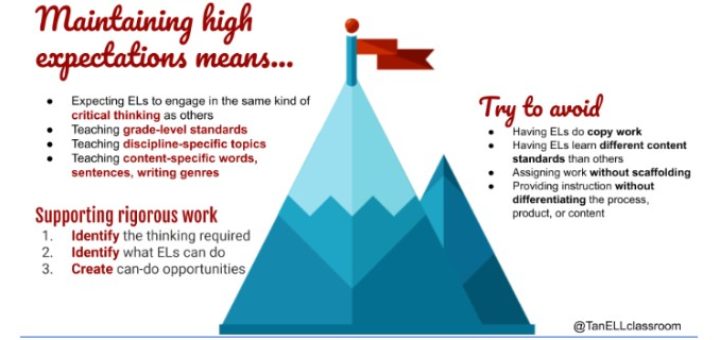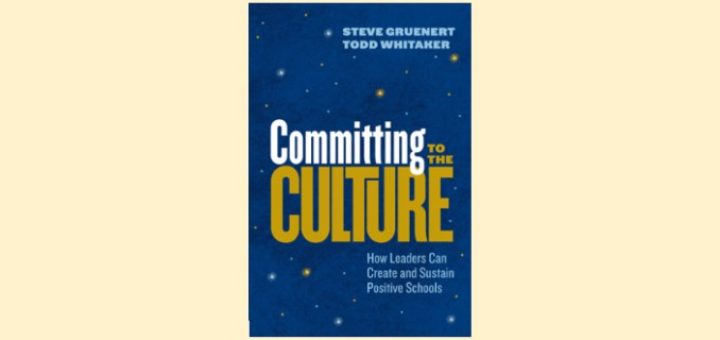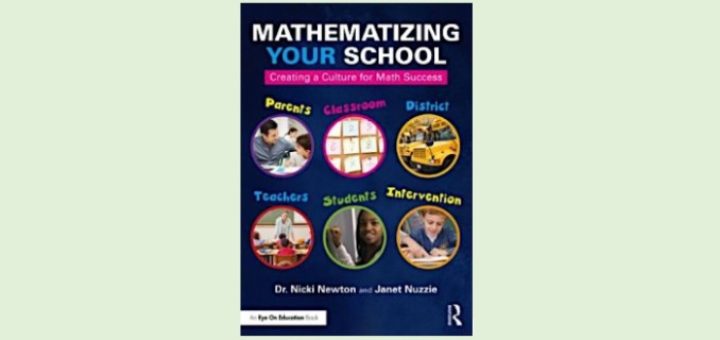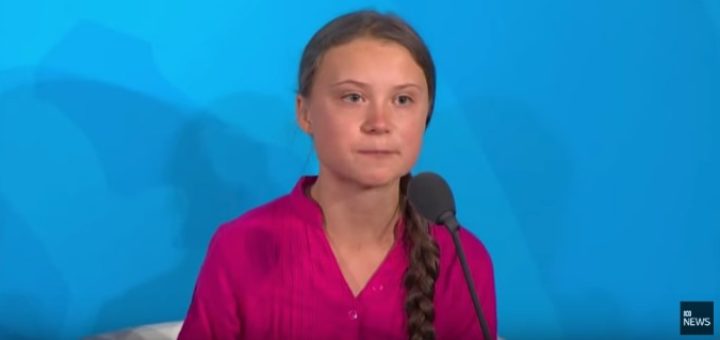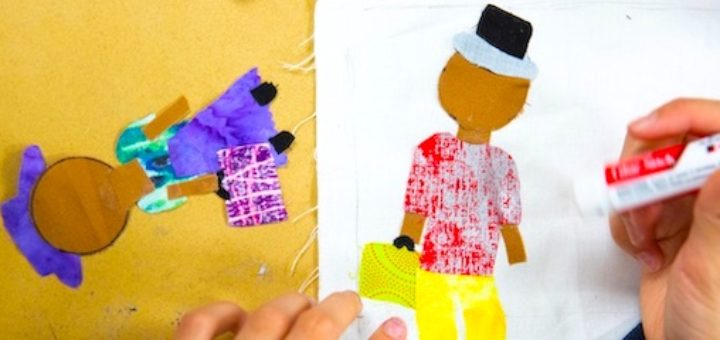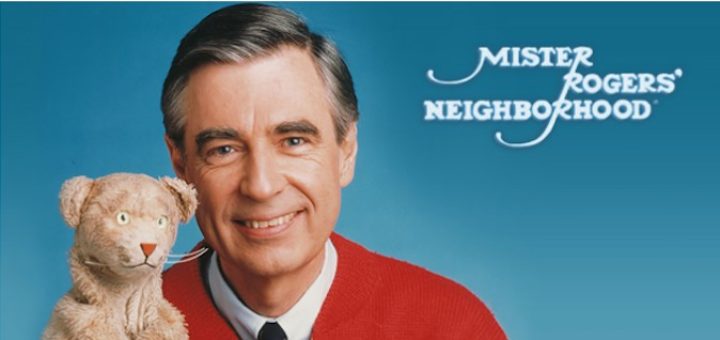Teaching and learning in grades 4-8
Gifted students are often the forgotten portion of the special education spectrum. To remedy the problem, gifted and special educator Laura Von Staden highly recommends this book full of valuable information and insight, written in a concise, user-friendly format.
The Notice and Note reading strategies “changed my life as an educator,” writes Brent Gilson in a post he unabashedly describes as a “love letter” to Kylene Beers and Bob Probst. You’ll understand his passion when you learn how he integrates the 6 Signposts into lessons.
Podcasting is exploding, and teachers are discovering that listening to and producing podcasts are great ways to promote deeper learning. Former NPR reporter Monica Brady-Myerov shares the whys and hows of engaging kids in their own projects, with examples and resources.
How do teachers’ assumptions about what students know impede the learning process? Michelle Russell is realizing the “obvious” is sometimes not so obvious to kids in her math classes. Her two big problem areas: basic rules of behavior and prior knowledge of operations.
ELs are capable of doing the same kind of thinking that non-ELs can do. They might just have to temporarily show their understanding differently than their peers do. EL teacher Tan Huyhn shows how teachers can focus on the ELs’ thinking and differentiate everything else.
Steve Gruenert and Todd Whitaker have added to their series of books on school culture with this practical, readable and well-researched work that speaks of the commitment to creating and sustaining a positive learning environment, writes school leader Jack Ferrante.
Follow along as Nicki Newton and Janet Nuzzie join educators in “mathematizing” their Texas district – developing math lovers and a common math language at the district, staff, campus, classroom and student level. Middle school teacher Dena Hause found lots of resources!
We can no longer avoid teaching about climate change because it’s not in our content area or curriculum guide, writes teacher leader Dina Strasser. Educators can’t shield children from “eco-anxiety,” but they can give them hope and the knowledge and skills to take action.
Finding techniques to engage students in the learning process is critical for school success. Engaging Creative Minds, a city-based non-profit, facilitates teamwork among artists, scientists and teachers to create lessons that target challenging academics in lively ways.
Fred Rogers is the embodiment of what Cheryl Mizerny considers the ideal educator. This year her school is celebrating the teachings of Mr. Roger’s Neighborhood as it focuses on “Community.” She shares her 6th grade classroom takeaways inspired by America’s most-beloved neighbor.

